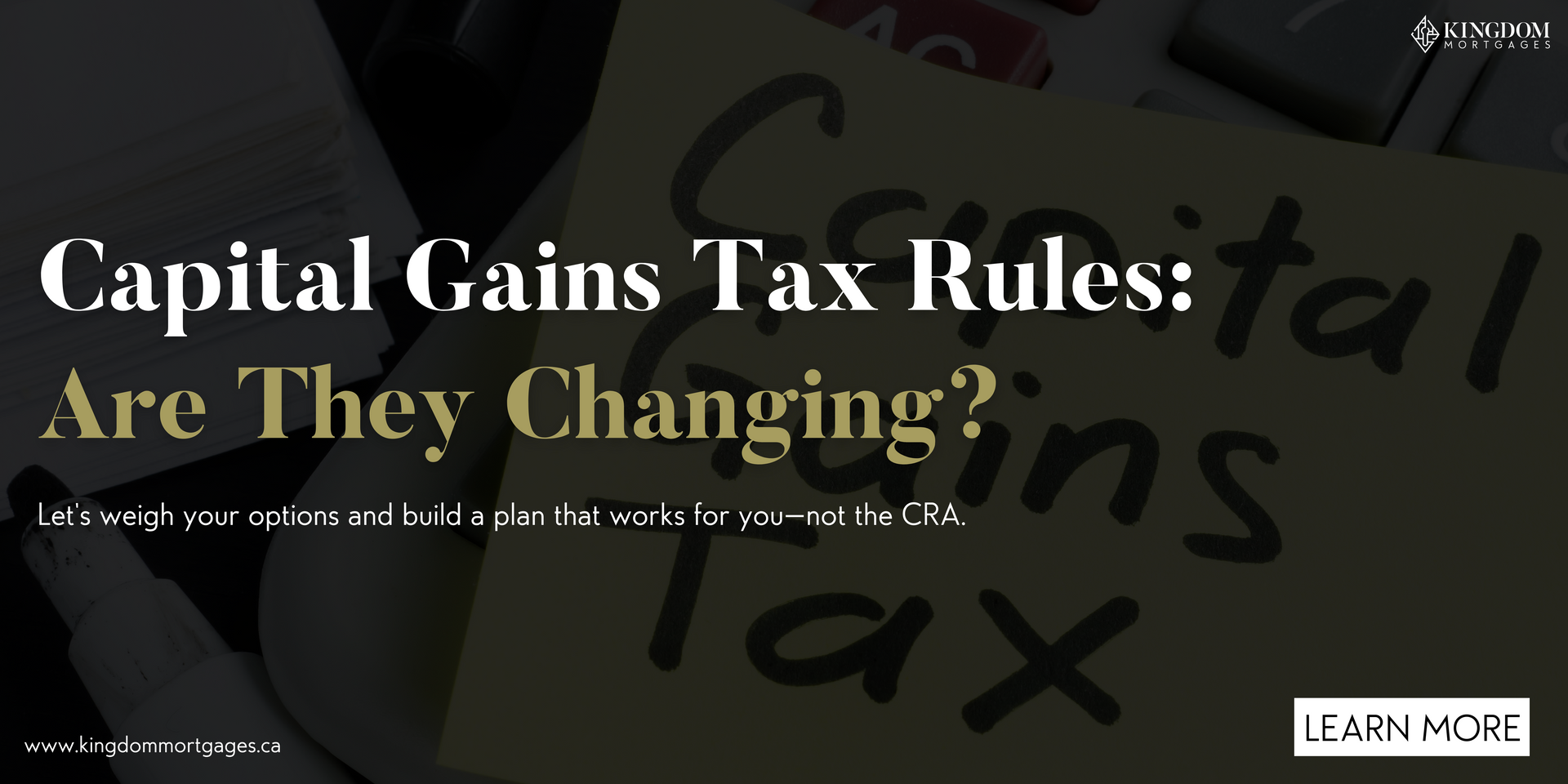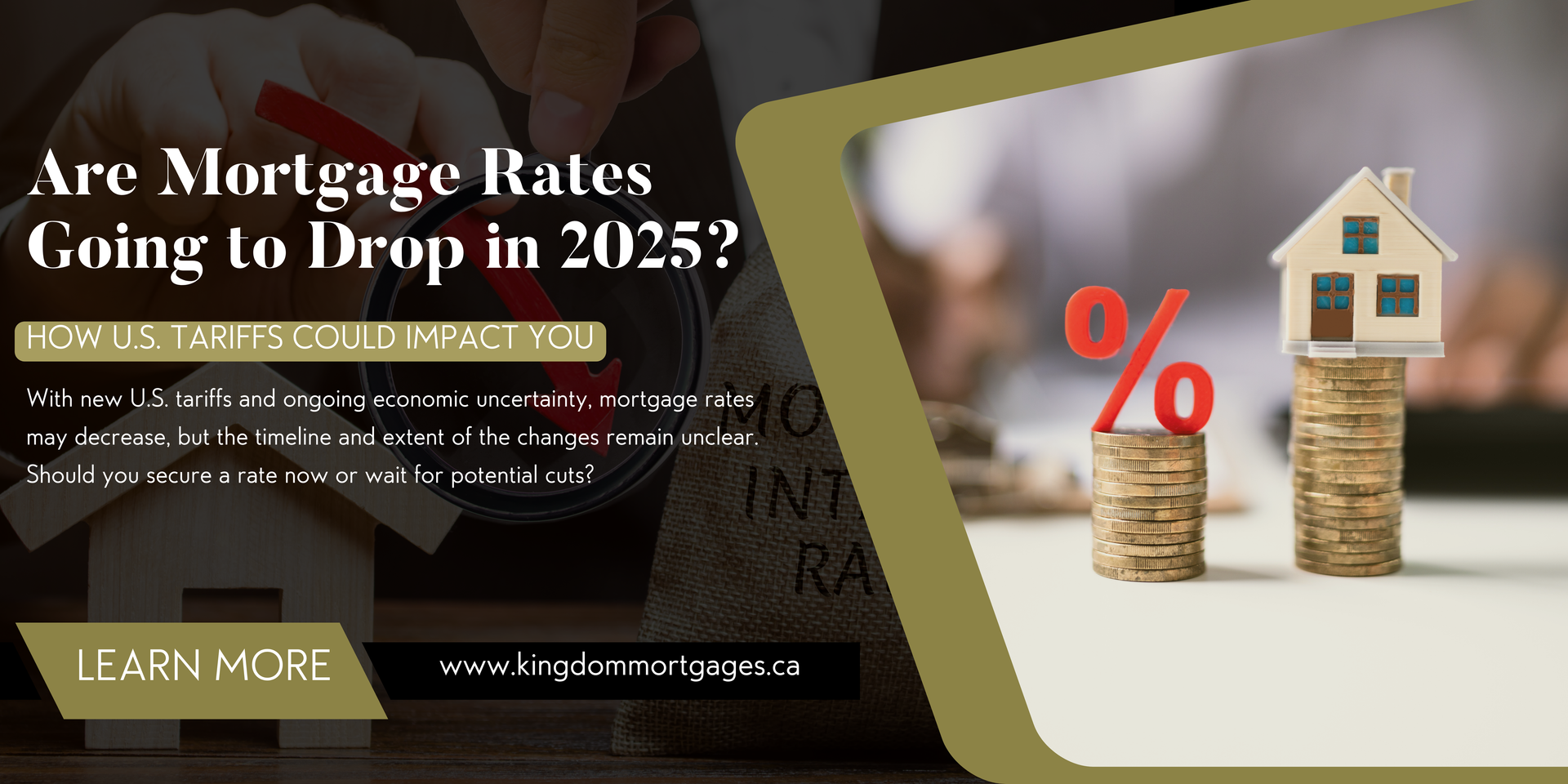Looking to Upsize your home?
A few things to consider before looking into upsizing your home.

According to RE/MAX, one of the biggest trends for Canadian homeowners in 2021 are move-up buyers looking to purchase a home that offers more space for them and their families. In fact, this is true for a whopping 29% of Canadians! Unsurprisingly, this demographic is made up mostly of younger Canadians (under 35) with growing families.
If you are someone who fits this bill and is desperate for a home with more space because you’re feeling cramped or have a little one on the way, it may be time to consider moving on up! Before making this change, there are a few factors to consider from your existing mortgage to requalifying to upsizing costs!
Your Current Mortgage
If you are wanting to upsize, the first thing to look at is whether or not you have an existing mortgage. If not, you don’t have to worry about this part! However, if you are looking to upsize during your current mortgage cycle, it is important to note that you will be breaking the mortgage and will have to go through the entire qualification process again.
An additional point of note is that, if you do move forward with upsizing to a larger home, there may be penalties for breaking your mortgage. These penalties will depend on the lender and the terms set out in your mortgage agreement. In some cases, your current mortgage may be portable, which would make the transition smoother. However, you would need to check your mortgage agreement.
Since you are looking to upsize your home and may require more funds for a larger build, another option is to consider going the “blend and extend” route. This doesn’t require you to break your mortgage or pay prepayment penalties. If the original mortgage was variable-rate, it may not be portable, but this is a great option to consider if you have an existing fixed-rate agreement. However, bear in mind, you would still need to requalify since to increase the mortgage to purchase the larger home. More details on requalifying below!
Requalifying and the “Stress Test”
If you do have an existing mortgage and are unable to port it, you would need to re-qualify for a new mortgage. This means going through the mortgage process again to qualify at the current interest rates being offered in the marketplace. This would also be subject to government changes - including recent “stress test” rules.
Since January 1, 2018, the stress test has been required for ALL mortgages - regardless of your down payment amount. This test is designed to determine whether a homebuyer can afford their principal and interest payments, should interest rates increase. It is based on the 5-year benchmark rate from Bank of Canada or the customer’s mortgage interest rate plus 2% - whichever is higher.
The Cost of Upsizing
Once you have considered the mortgage-related aspects of upsizing to a larger home, the next thing to look at are the costs associated with making this change. There may be large Property Transfer Taxes and you would also be paying realtor fees on the sale of the home you are leaving behind. These fees are typically 2.5-5% of the home’s selling price.
Beyond the costs associated with the sale of your current home and purchasing a larger residence, the costs of home ownership also rise in proportion to the home you live in. If you are moving up from a condo or apartment to a single-family home, you will be responsible for all of the maintenance of your home. It is a good rule of thumb to save one percent of your new home’s purchase price, per year, for maintenance. For instance, if you purchase a $600,000 new home then you would want to ensure $6,000 a year in savings.
Next Steps
Making the move to a larger home is both an exciting and daunting process - but it is entirely doable with the right preparation! No matter what stage you are at with your home, please do not hesitate to contact me if you are considering making a move up the property ladder. I would be happy to review your current mortgage and finances and discuss your options with you to ensure you can continue living the life of your dreams!
Contact me Today!
Rodney Schunker | Principal Broker (Lic. M12000165)
Cell: 416-697-6423 | Toll Free: 1-855-697-6423
Fax: 1-855-787-7723 | Web: www.kingdommortgages.ca
Mail: Unit 304 – 2250 Bovaird Dr E, Brampton, Ontario, L6R0W3
Email: schunkerr@gmail.com or rschunker@kingdommortgages.ca
Kingdom Mortgages Inc Brokerage # 13608
Each office independently owned and operated. Proud member of Mortgage Centre Canada.





Kingdom Mortgages Inc Brokerage #13608. Each office independently owned and operated. Proud member of Mortgage Centre Canada.
USEFUL LINKS
TEAM MEMBERS
Rodney Schunker
John Fernandes
Maria Schunker
Curtis Hinds
David Schunker
Jonathan Schunker
Ukamaka Ezeude (Amaka)
Fareez Khan
Sharifa Cummings
Teja Kasu
CONTACT US
2250 Bovaird Drive E, Suite 304, Brampton L6R 0W3
Our team helps clients secure mortgages in Ontario, Alberta and select states within the US






